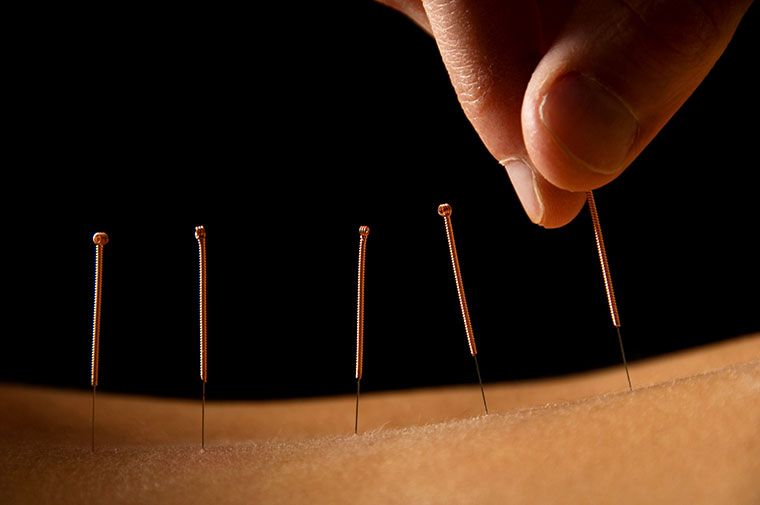
Use of brain imaging has revealed that acupuncture affects the brain’s ability to reduce and regulate pain. This study was the first of its kind to provide imaging of how acupuncture affects specific receptors in the brain that process and suppress pain signals. Previously, in studies using MRI’s, research has shown that acupuncture raises a person’s pain threshold levels.
The researchers at the University of Michigan Chronic Pain and Fatigue Research Center and the University of Michigan Medical School showed that acupuncture increases the binding ability of mu-opioid receptors in areas of the brain that are responsible for regulating pain signals. Morphine, codeine and other opioid pain-killers are believed to be effective because they bind to these opioid receptors in the brain and spinal cord, reducing or eliminating pain. Add to this fact that acupuncture treatments cause the release of opioids like endorphins and you can see why acupuncture can work so well for pain.
Acupuncture has been the subject of many pain studies over the years, and many study results have been encouraging. Low back pain, headaches, knee pain, tooth pain are just a few of the pain syndromes acupuncture can help. Now we know why. And this study also showed that people who take opioids for their pain may be more responsive to their medications after receiving acupuncture. Acupuncture ” tones” the body’s opioid receptor sites in the brain and spinal cord, making them more receptive to pain meds. But, even better, acupuncture can reduce and even eliminate the need to take pain medicines.